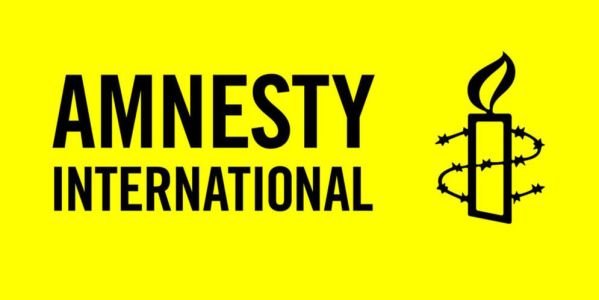What is freedom of speech?
Freedom of speech is the right to say whatever you like about whatever you like, whenever you like, right? Wrong.
‘Freedom of speech is the right to seek, receive and impart information and ideas of all kinds, by any means.’
Freedom of speech and the right to freedom of expression applies to ideas of all kinds including those that may be deeply offensive. But it comes with responsibilities and we believe it can be legitimately restricted.
When freedom of speech can be restricted
You might not expect us to say this, but in certain circumstances free speech and freedom of expression can be restricted.
Governments have an obligation to prohibit hate speech and incitement. And restrictions can also be justified if they protect specific public interest or the rights and reputations of others.
Any restrictions on freedom of speech and freedom of expression must be set out in laws that must in turn be clear and concise so everyone can understand them.
People imposing the restrictions (whether they are governments, employers or anyone else) must be able to demonstrate the need for them, and they must be proportionate.
All of this has to be backed up by safeguards to stop the abuse of these restrictions and incorporate a proper appeals process.
…and when it can’t
Restrictions that do not comply with all these conditions violate freedom of expression.
We consider people put in prison solely for exercising their right to free speech to be prisoners of conscience.
Jabbar Savalan was imprisoned after calling for protests against the government on Facebook. We considered him a prisoner of conscience and campaigned for his release. Read Jabbar’s story
Checks and balances
Specifics
Any restriction should be as specific as possible. It would be wrong to ban an entire website because of a problem with one page.
National security and public order
These terms must be precisely defined in law to prevent them being used as excuses for excessive restrictions.
Morals
This is a very subjective area, but any restrictions must not be based on a single tradition or religion and must not discriminate against anyone living in a particular country.
Rights and reputations of others
Public officials should tolerate more criticism than private individuals. So defamation laws that stop legitimate criticism of a government or public official, violate the right to free speech.
Blasphemy
Protecting abstract concepts, religious beliefs or other beliefs or the sensibilities of people that believe them is not grounds for restricting freedom of speech.
Media and journalists
Journalists and bloggers face particular risks because of the work they do. Countries therefore have a responsibility to protect their right to freedom of speech. Restrictions on Newspapers, TV stations, etc can affect everyone’s right to freedom of expression.
Whistleblowers
Government should never bring criminal proceedings against anyone who reveals information about human rights abuses.
Rights and responsibilities
Free speech is one of our most important rights and one of the most misunderstood.
Use your freedom of speech to speak out for those that are denied theirs. But use it responsibly: it is a powerful thing.

Leave a Reply